Passion Fruit /Passiflora edulis/ is a type of vine. Passion Fruit comes from Brazil, Paraguay and northern Argentina. The plant blooms in blue, yellow, red and many other colors. It’s propagated by cuttings and colors. Most of us have tried the taste of its natural juices, but few have tried the fruit itself. It’s a fruit worth trying.
The name of passion fruit comes from the Indian word "marau-ya" and literally means "fruit that can be eaten in one gulp." From the Latin "passio" means suffering, so maracuja is often referred to as a martyr. From the English name, "passion fruit", it means "fruit of passion."
Passion Fruit is round, slightly oval in shape and has a very juicy interior filled with seeds. The color of the delicious fruit varies from dark purple to light yellow, like a pumpkin. Has a characteristic aroma that resembles musk. The taste is sweet and tarty. Purple passion fruit is grown in the tropics and subtropics, and in smaller quantities in South Africa, Kenya and Australia.
Its inside has much more aroma and a higher content of yellow sap. The yellow passion fruit grows in warm tropical areas such as Hawaii, Brazil and Sri Lanka. It has larger dimensions than the purple and contains three times more provitamin A. However, the yellow passion fruit comes with a higher acid content and therefore is not well suited for direct consumption.
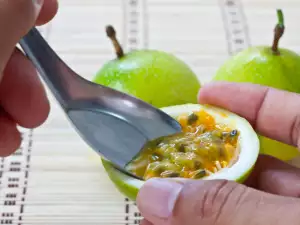
Chemical composition of passion fruit
In the chemical composition of Passion Fruit come natural serotonin, alkaloids, glycosides, flavonoids /hrizin/ maltol, apigenin, aribin, alpha-alanine, citric acid, coumarin, glutamine, harmalin, passion fruit acid, pectin, phenolic acid, phenylalanine, saponarin, sitosterol, stigmasterol and others.
Passion fruit is rich in vitamins A, C, and vitamins of the B group. Minerals are very well represented by potassium, iron, phosphorus and magnesium, niacin, phenolic acid, phytochemicals, flavonoids and others.
100 g of passion fruit contains 17 calories, 2 g protein, 2 g fiber, 5 g carbohydrate, 0.3 g fat.
Selecting and storing Passion Fruit
Choose large, firm and heavy fruits. You will know Passion Fruit by its color - purple, red or yellow. If the fruit is green, it means it is not ripe and you should leave it to ripen at room temperature.
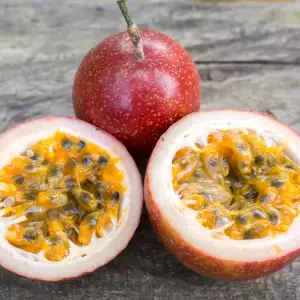
As already mentioned, the purple passion fruit is aromatic, while the yellow has a high acid content, so if you can, purchase purple. Passion fruit is stored in the refrigerator for up to one week.
Passion Fruit in cooking
Passion fruit is suitable for direct consumption. Cut it into two and the flesh is scraped with a small spoon. Except for direct consumption, Passion Fruit is suitable for making juices, fruit salads, cocktails, jams, jellies, ice cream and other desserts. Passion Fruit gives an exotic and very original taste of chicken and pork, and fish. So do not be afraid and experiment.
Passion fruit can be added to yogurt - you will get a delicious and very healthy breakfast. If you want to make juice from passion fruit, halve the fruit, scoop the inside and then blend. Finally, strain the mixture through a sieve and enjoy the taste and health qualities.
Benefits of Passion Fruit
Passion Fruit has a number of health benefits. The juice of passion fruit is an excellent tool that stimulates digestion and helps in curing stomach problems. It is said to reduce the risk of cancer diseases. Vitamin C promotes the regeneration of tissues, and prevents heart diseases, protects bones, and enhances the immune system.
Passion Fruit reduces symptoms in asthma, because they block the action of histamine. Passion Fruit seeds contain large amounts cellulose, through which it successfully helps digestive processes. The high content of vitamin A helps to strengthen vision and assist the body in removing extremely dangerous free radicals.
Passion Fruit decreases bad cholesterol levels, lowers blood pressure and prevents viral infections. A glass of juice from passion fruit before bedtime helps fruitful and peaceful sleep.
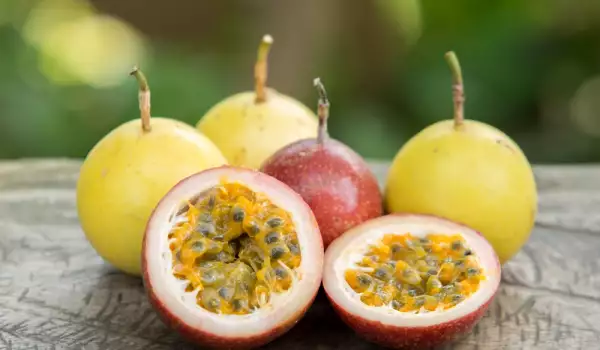

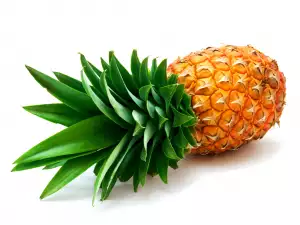
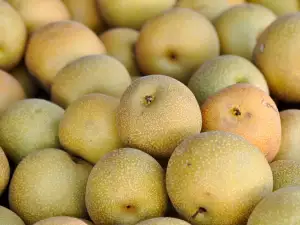
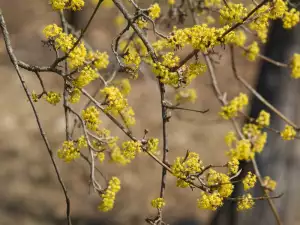
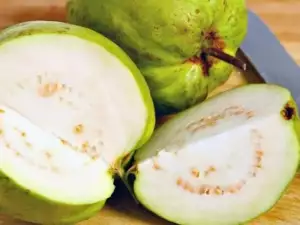
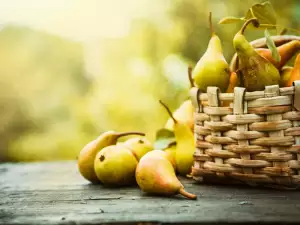

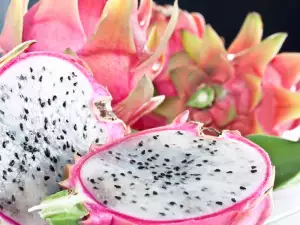
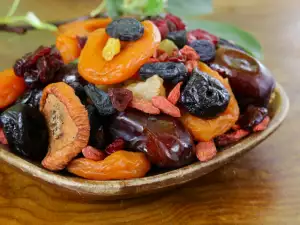
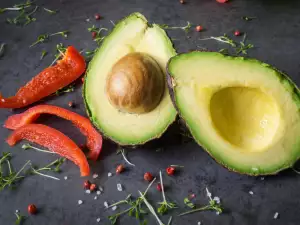


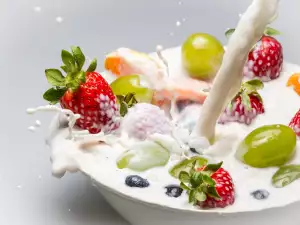
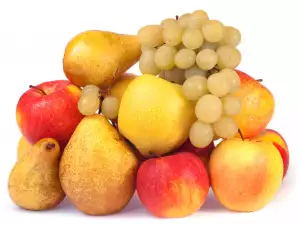
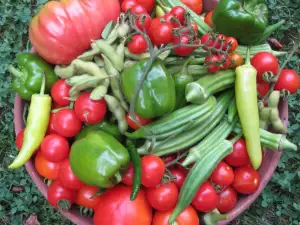




Comments